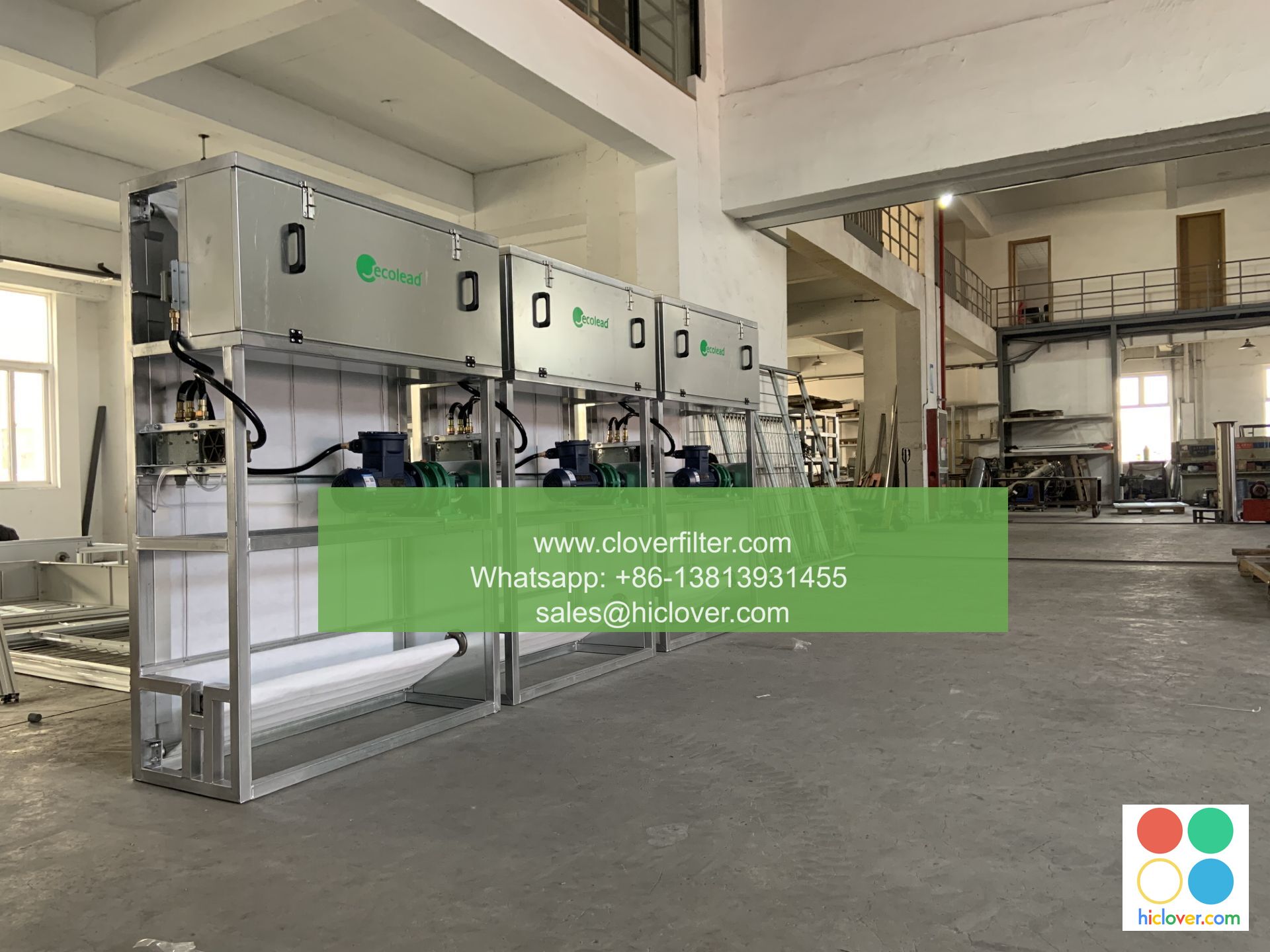The Role of Lawyers in Air Filter Regulations: A Guide to Compliance

The regulation of air filters is a complex and multifaceted field that involves the intersection of environmental law, public health policy, and industrial manufacturing standards. Lawyers play a crucial role in ensuring compliance with air filter regulations, which are designed to protect public health and the environment from the harmful effects of airborne pollutants. In this article, we will explore the key aspects of air filter regulations and the role of lawyers in ensuring compliance.
Introduction to Air Filter Regulations
Air filter regulations are established by government agencies to control the emission of airborne pollutants from industrial sources, such as power plants, factories, and vehicles. These regulations are based on scientific research and are designed to protect public health and the environment from the harmful effects of air pollution. The regulations cover a range of topics, including particulate matter (PM), nitrogen oxides (NOx), sulfur dioxide (SO2), and volatile organic compounds (VOCs).
The Role of Lawyers in Air Filter Regulations
Lawyers play a critical role in ensuring compliance with air filter regulations. They work with clients to understand the regulatory requirements and develop strategies for compliance. This may involve conducting legal research, reviewing technical documents, and advising clients on the best course of action. Lawyers may also represent clients in administrative proceedings, such as permitting and enforcement actions, and in litigation, such as lawsuits brought by regulatory agencies or private parties.
Key Areas of Application
Lawyers may work in a variety of areas related to air filter regulations, including:
* Industrial hygiene law, which involves ensuring that workplaces are safe and healthy for employees
* Environmental law, which involves regulating the emission of pollutants into the air and water
* Product liability law, which involves defending manufacturers against claims of defective or unsafe products
* Regulatory compliance law, which involves advising clients on how to comply with regulatory requirements
Compliance Strategies
Lawyers may use a variety of strategies to ensure compliance with air filter regulations, including:
* Conducting regulatory audits to identify areas of noncompliance
* Developing compliance plans to ensure that clients are meeting regulatory requirements
* Negotiating with regulatory agencies to resolve enforcement actions or obtain permits
* Defending against lawsuits brought by regulatory agencies or private parties
Emerging Trends and Technologies
The field of air filter regulations is constantly evolving, with new technologies and trends emerging all the time. Some of the key emerging trends and technologies include:
* Nanofiltration technology, which involves using extremely small filters to remove pollutants from the air
* Biotechnology applications, which involve using living organisms to remove pollutants from the air
* Internet of Things (IoT) applications, which involve using sensors and other devices to monitor and control air pollution
* Sustainable manufacturing practices, which involve reducing waste and minimizing the environmental impact of industrial activities
Conclusion
In conclusion, the role of lawyers in air filter regulations is critical to ensuring compliance with regulatory requirements and protecting public health and the environment. Lawyers work in a variety of areas related to air filter regulations, including industrial hygiene law, environmental law, product liability law, and regulatory compliance law. By using a variety of compliance strategies and staying up-to-date on emerging trends and technologies, lawyers can help clients navigate the complex and constantly evolving field of air filter regulations. Whether you are a manufacturer, a regulatory agency, or a private citizen, it is essential to understand the role of lawyers in air filter regulations and to seek their advice and guidance when needed.
Some key words related to this topic include:
air filter regulations,
industrial hygiene law,
environmental law,
product liability law,
regulatory compliance law,
nanofiltration technology,
biotechnology applications,
Internet of Things (IoT) applications,
sustainable manufacturing practices.
These key words are useful for searching and researching the topic of air filter regulations and the role of lawyers in this field. It seems like you didn’t include a question or topic for me to address. Could you please provide more context or specify what you would like to know or discuss? I’m here to help with any questions or topics you’d like to explore.

